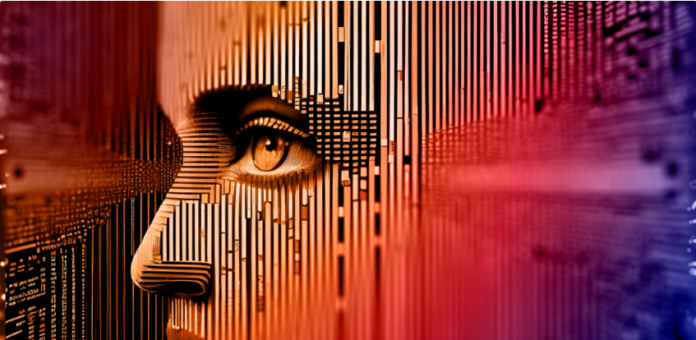One website is offering the “service” of generating photos of fake documents using neural networks, for $15. Among the creations are U.S. driver’s licenses and passports. The fakes “convince”: financial companies accepted the images as identity verification for opening accounts.
The information is from a report on the website 404 Media. To create a fake California driver’s license, the reporter only needed a passport photo and fill in the desired data. Even the signature is automatically generated.
The result was an image created with artificial intelligence. It simulates the fake document on a carpet, as if the person had placed it there to take a photo and send it to a verification process.
In addition to California driver’s licenses, the site offers Arizona driver’s licenses (USA), Swiss and Canadian passports, and Austrian IDs, among others.
The service goes further and can even swap out the image’s metadata. Thus, an inspection would find information consistent with the forged document. The fake California driver’s license image, for example, comes with GPS data from a location in the state itself.
The artificial intelligence technology used in the forgery has been in development for three years, according to the site’s owner. To be able to create the models, the criminals searched for scanned images of the documents in very high resolution, such as 10,000 x 10,000 pixels. In addition, they tried to get various angles, to understand how holographic images were made.
Fake documents deceive companies
Since the result of the forgery is only an image and not a physical document, the possibilities of use are limited. Even so, the owner of the site says it is feasible to circumvent online services, such as banks, cryptocurrency brokers, and even property rental platforms.
In 404 Media’s tests, it was possible to create an account on crypto exchange OKX using a fake British passport. The OKX app asks you to take a photo of the document using your smartphone’s camera. The reporter took a photo of the image of the fake document on the laptop screen. The verification system accepted it.
Questioned by the publication, Jumio, the company responsible for identity verification, said it uses advanced verification processes and information verification for fraud, but declined to comment on the specific case. OKX did not respond to a request for comment.










